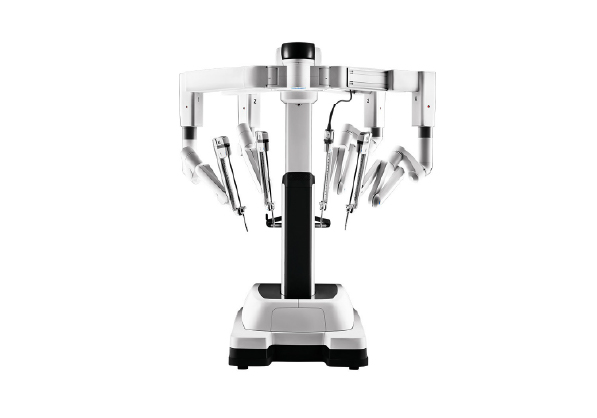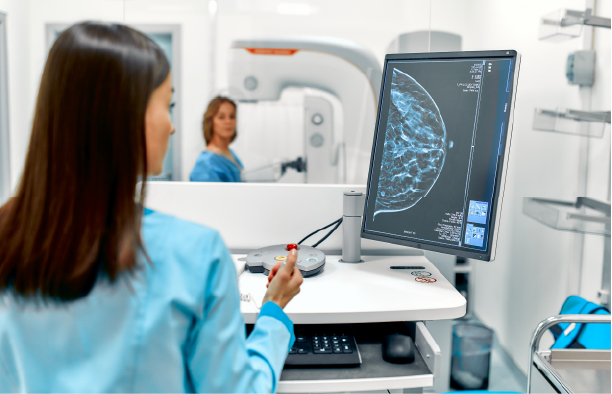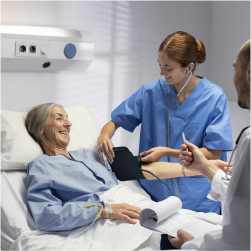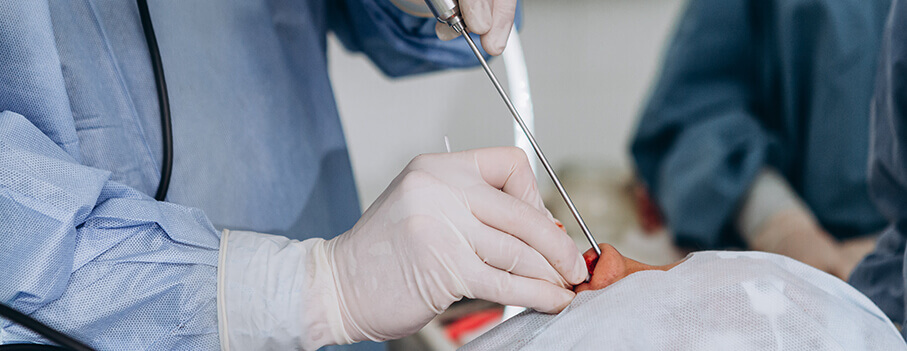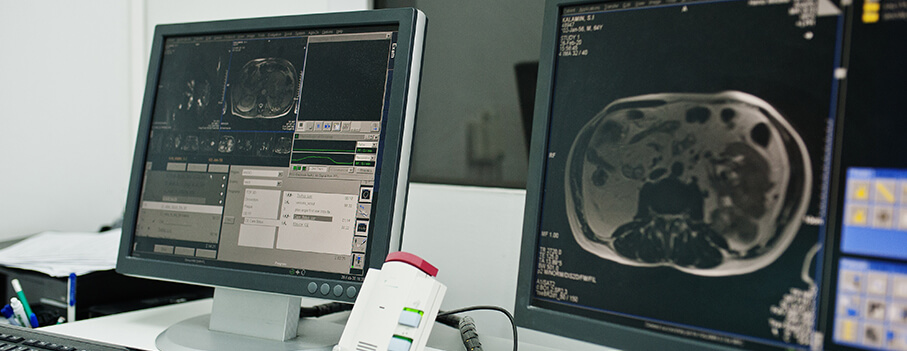Videos
Blogs
Upper Gastrointestinal Malignancies
The Upper Gastrointestinal (GI) Tract houses the oral cavity and salivary glands, the oesophagus, stomach, and duodenum (the first part of the small intestine). The upper GI tract is responsible for transporting the swallowed food bolus, enzymatic digestion and absorption of nutrients. Upper gastrointestinal cancer has seven main types: oesophageal cancer, stomach cancer, pancreatic cancer, duodenal cancer, gall bladder and bile duct cancer, liver cancer and small bowel cancer/small intestine cancer.
Factors that increase the risk of upper gastrointestinal cancer:
As with most cancers, it is hard to pinpoint what causes upper gastrointestinal cancer. Here are some of the factors that increase the risk of upper gastrointestinal cancer:
- Family history of gastric cancer.
- Stomach ulcers caused by Helicobacter pylori infection.
- History of chronic gastritis.
- Obesity.
- Frequent consumption of alcohol and/or red meat.
- Smoking.
- Poor diet.
- Stomach polyps.
Browse through for more information on the specific types of upper gastrointestinal cancers we treat:
- Oesophageal cancer - The cancer cells form anywhere along the length of the oesophagus. The oesophagus is a hollow, muscular tube that allows food and liquid to pass from the throat to the stomach. Oesophageal cancer is commonly of two types - adenocarcinoma and squamous cell carcinoma.
- Stomach cancer - Stomach gastric cancer can affect any part of the stomach. Most stomach cancers are said to be adenocarcinomas by nature. These cancers develop from the gland cells of the mucosa (the innermost lining of the stomach).
- Pancreatic cancer - The malignant cancer cells form in the pancreas. The pancreas is an organ responsible for releasing enzymes that aid digestion. The pancreas also secretes hormones to manage blood sugar.
- Duodenal cancer - The malignant cancer cells form in the duodenum. The duodenum is the first part of the small intestine. The duodenum’s primary function is to complete the first phase of digestion. In the duodenum, the food from the stomach mixes with the enzymes from the pancreas and the bile from the gallbladder helping the food particles break down.
- Gall bladder and bile duct cancer - This is a rare type of cancer where malignant cancer cells form in the gall bladder. Bile duct cancer is also referred to as cholangiocarcinoma. The gall bladder and bile duct help break down the fat in the food for digestion in the duodenum.
- Liver cancer - The malignant cancer cells form in the liver. The most common type of liver cancer is hepatocellular carcinoma, which affects the primary type of liver cell. The liver purifies and regulates the chemical levels of the body’s bloodstream, maintains blood sugar levels and helps in blood clotting.
- Small bowel cancer/small intestine cancer - This is a rare type of cancer where malignant cancer cells form in the small intestine. The small intestine has three parts - duodenum, jejunum and ileum and helps further digestion of the food coming from the stomach. It also absorbs the various nutrients and water from the food so that they can be used to nourish the body.
Upper gastrointestinal cancers can be characterised by the following symptoms:
Oesophageal cancer:
Stomach cancer:
Pancreatic cancer:
Duodenal cancer:
Gall bladder and bile duct cancer:
Liver cancer:
Small bowel cancer/small intestine cancer:
It is important to note that these symptoms do not necessarily point to cancer at all times. Please make an appointment with us if you have any of the above symptoms so we can give you a correct diagnosis.
At Veritas Cancer Care, we employ the latest tests to arrive at a suitable prognosis and formulate a specialised treatment plan based on your needs. We have several methods of diagnosis:
Upper gastrointestinal cancers can be treated with surgery, chemotherapy, radiation therapy or immunotherapy. While the primary goal is curing cancer, preserving the surrounding organs and tissues is of utmost importance.
The various treatments options for upper gastrointestinal cancer include:
Regaining the quality of life of a patient recovering from upper gastrointestinal cancer can be challenging. At Veritas Cancer Care, we aim to provide our patients with the utmost care and comfort they need during their treatment and remission and improve their quality of life as much as possible. Our team here is dedicated to our patients and, while cancer is a daunting illness, we provide you with all the help and hope you need to recover.
The oncological team at Veritas Cancer Care is headed by Dr Venkat P, a highly-trained surgical oncologist and robotic surgeon, with niche expertise in treating gastrointestinal malignancies. With over 22 years of experience, he has managed around 25,000 oncological cases and performed over 20,000 surgeries. Being one of the very few surgeons in the country highly trained in the latest treatment procedures such as robotic surgery, ERAS and fluorescence-guided surgery, Dr Venkat is a renowned surgical oncologist with various awards to his credit. He is also experienced in the management of various high-risk complex cases involving multi-organ resection. At Veritas, we guarantee you will receive prompt care and treatment in his safe and experienced hands.
Veritas Cancer Care is also one of the few cancer teams in Chennai to use the latest methods in gastrointestinal cancer treatment. Headed by Dr Venkat P, we guarantee you will receive prompt care and treatment in his safe and experienced hands.


